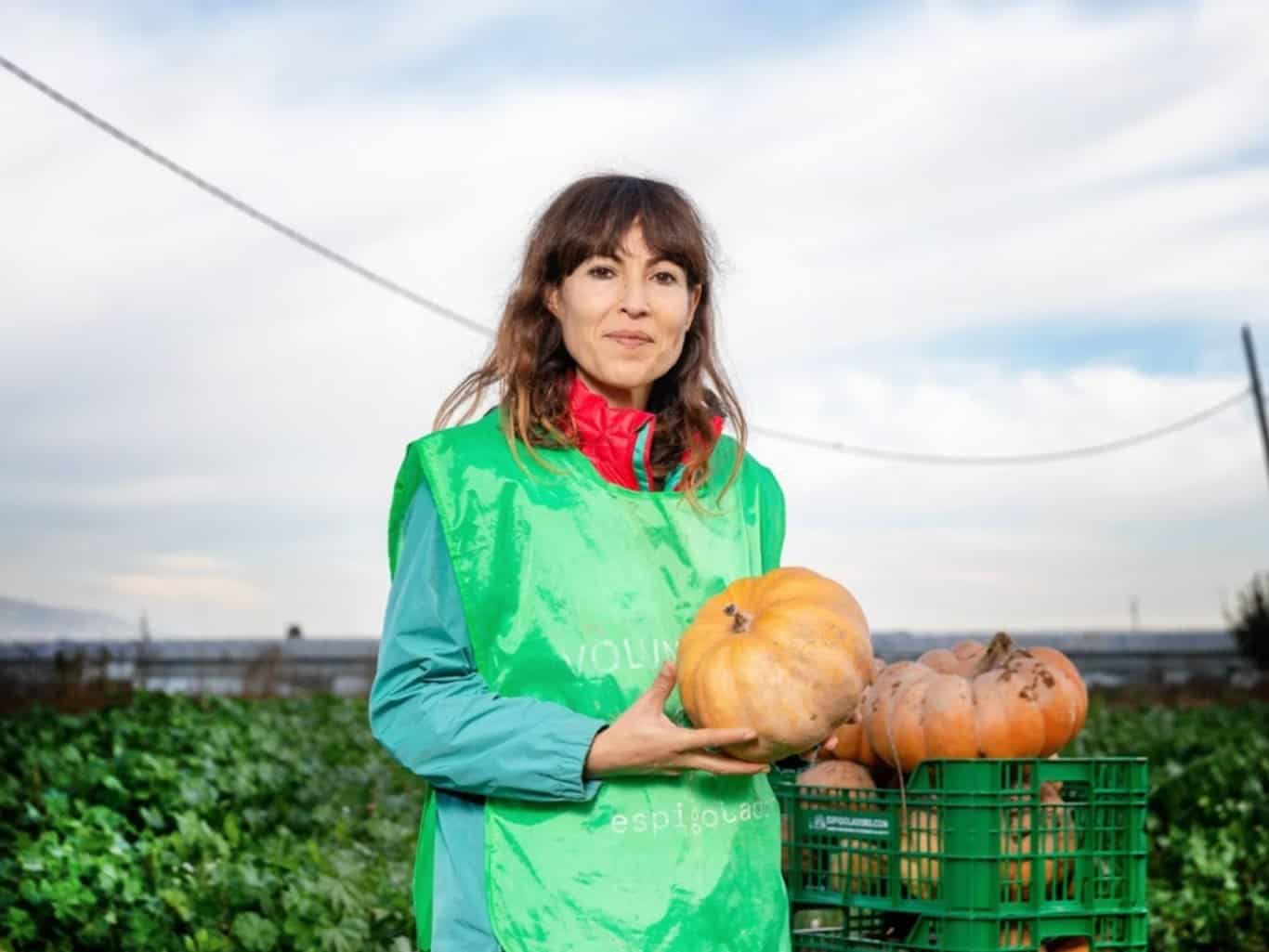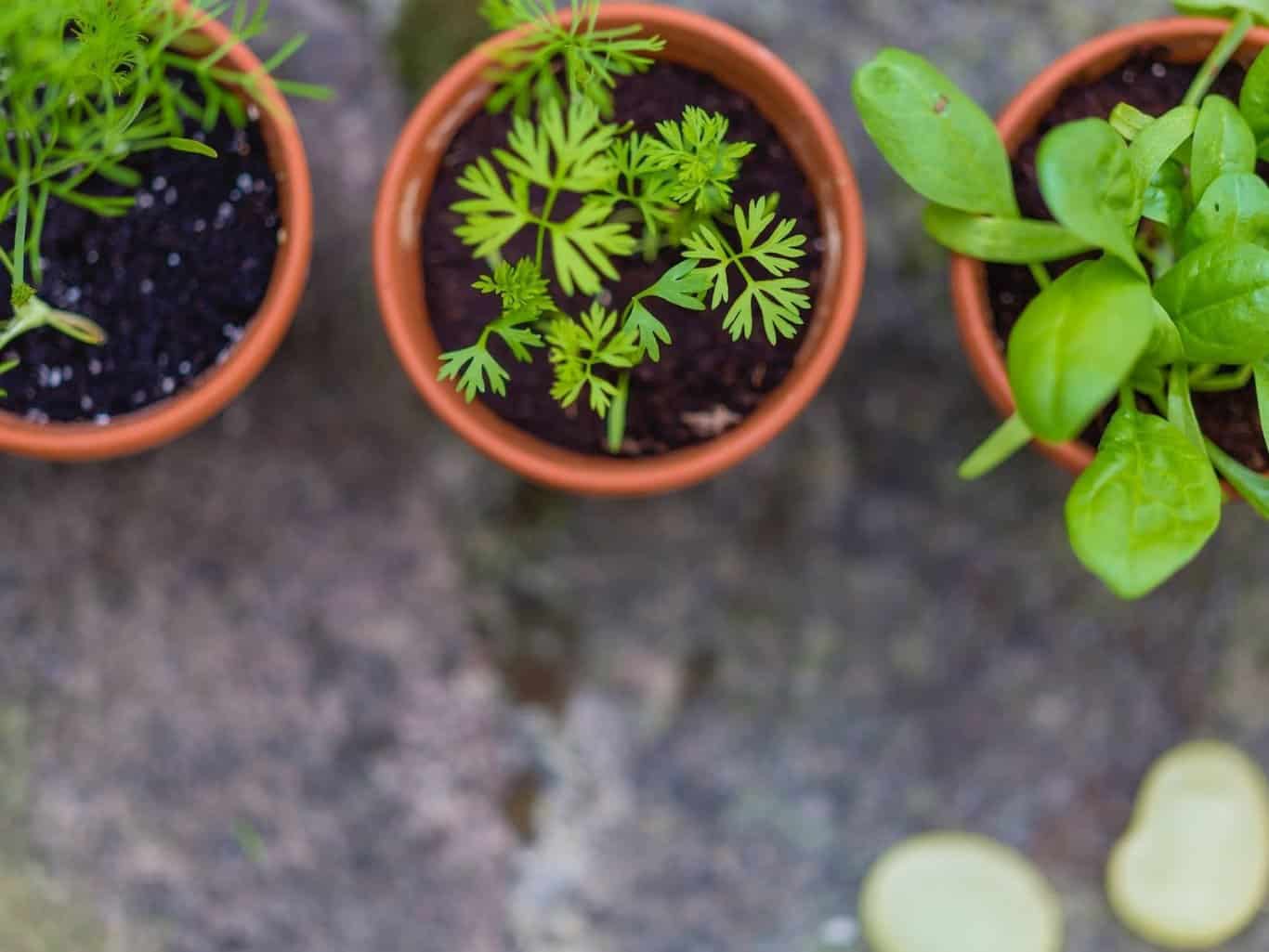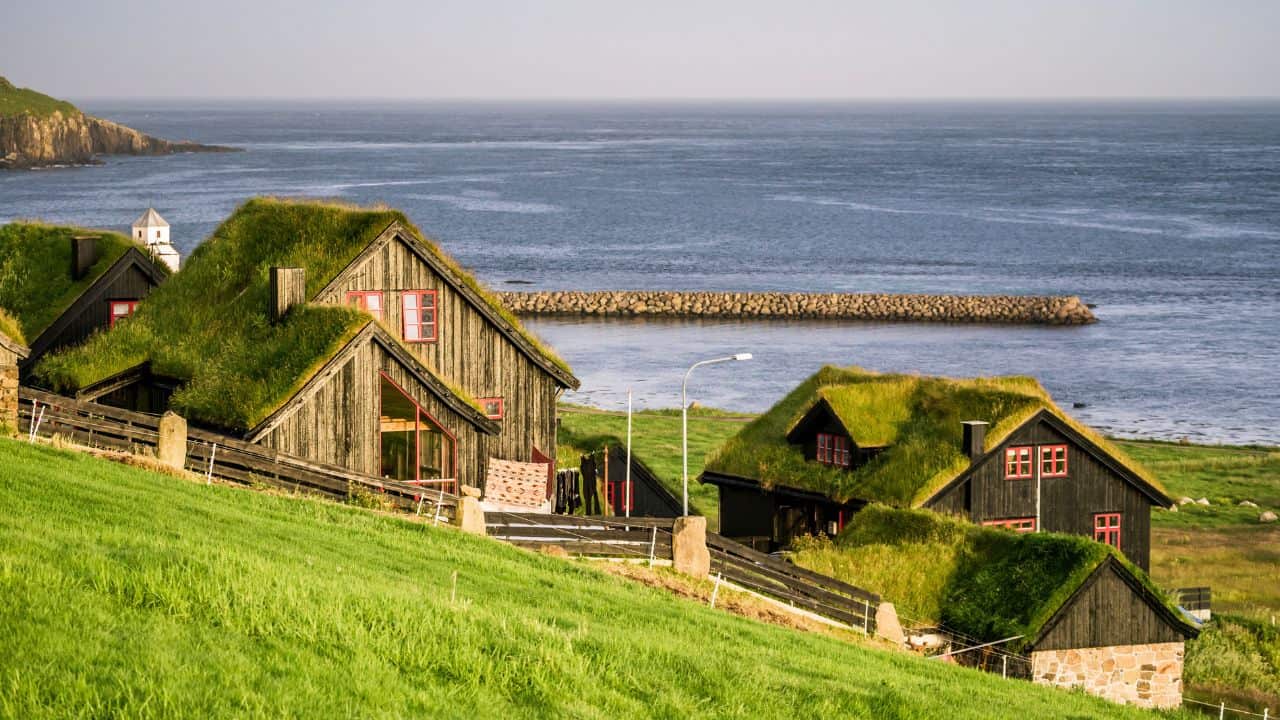Have you been inspired into action but weren’t sure who to turn to or how to get your ideas off the ground?
New impact media foundation on the block, 5, connects people, ideas and resources to help drive us forward into a sustainable future and they’re on the lookout for new initiatives to fund and support.
Scroll down to find out more.

A growing awareness that change needs to happen now and concern over the gap in action propelled philanthropist and impact investor Laura DeVere to launch the impact media foundation, 5, in 2019 to help match promising solutions with opportunities for growth.
The start-up has since grown to two offices – one in Copenhagen and one in Amsterdam – and has a total of 13 employees ranging from editorial staff to marketing professionals and management.
5 is all about making a sustainable future a reality and cause to believe in.
Executive Director, Mie Dahlquist explains: “Our role at 5 is to connect the right people with the right resources in order to make change happen.
Not in some distant future, but today, because time is not on our side to reinvent our systems and to future-proof our world.
Ultimately we want to create a community of engaged people who want to collaborate with us to build a sustainable future.”

True to the brand ethos, 5 is actively scouting for new projects to fund and support in 2021.
The foundation is offering 10 grants of up to €100,000 per year, which will be awarded to initiatives that are dedicated to fighting the climate crisis and advocating conscious capitalism
As well as key funding, successful applicants will also receive support in getting their message out there through storytelling and engagement in the 5 community.
In fact, much of 5’s work harnesses the power of storytelling to create an impact and inspire real change.
The two key themes they focus on are ‘conscious capitalism’ and ‘nature calling’ which they explore through written editorial, photography, events, podcasts and video.
Editor-in-Chief, Thomas Loudon comments: “Storytelling is the most powerful tool we have to create awareness of promising solutions that are already being developed.
Critical questions must be addressed about the future of our planet while highlighting the incredible efforts of those involved in creating the answers.
The inspiration people get from others will drive our community to get involved by supporting projects with their time, talent or resources too.”

In 2020, the first 5 grant was awarded to the Spanish non-profit, Espigalodors, an organisation that tackles food waste while providing opportunities to enhance social inclusion in Spain.
5 has also raised awareness of Espigalodor’s mission to educate people about food waste on their own platform and invited their readers to contribute by donating to the project themselves.
5 is keen to receive applications for projects with a proven track record spanning social enterprises, charitable initiatives, community projects, foundations and businesses that have a positive impact in general.
If that sounds like you, apply here by 31 March 2021.










